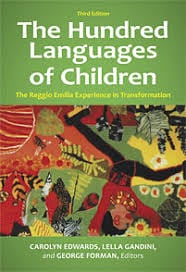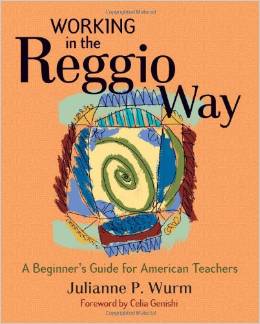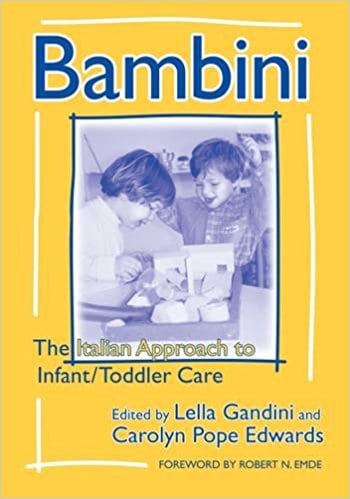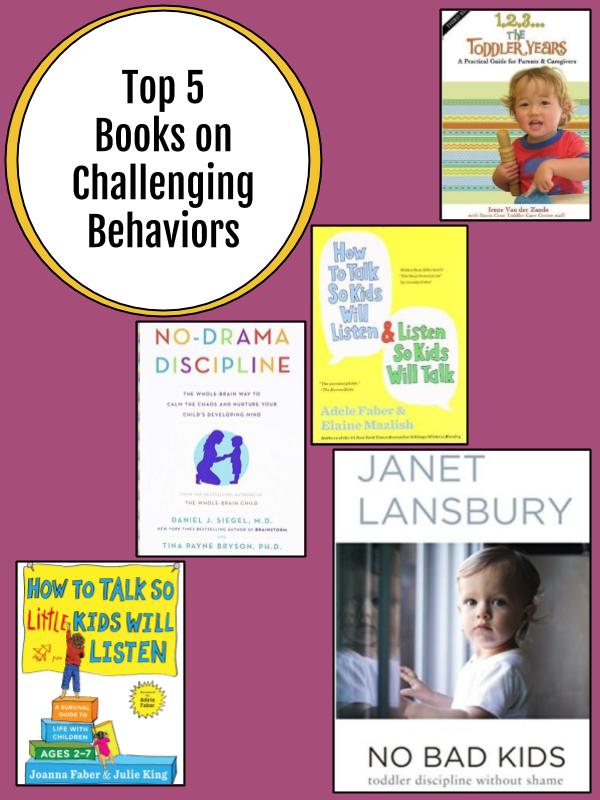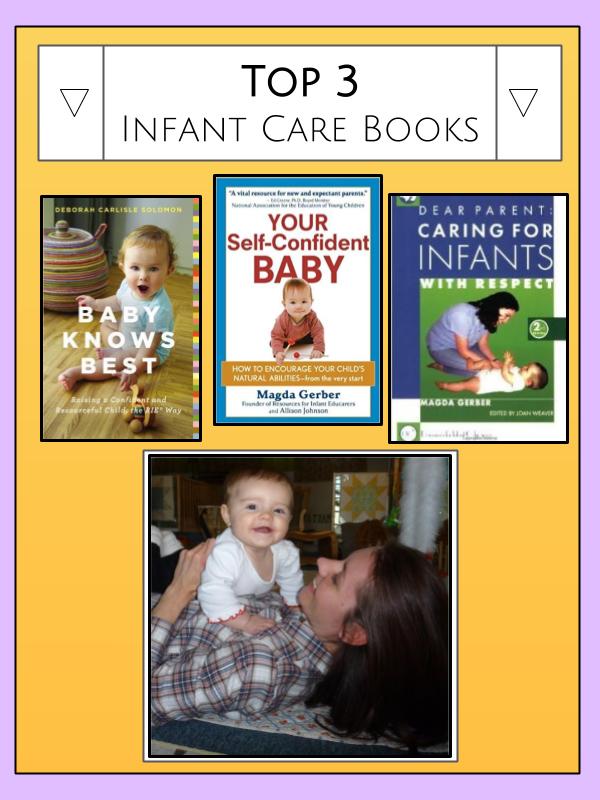Schools of Reggio Emilia
“…you are the one who has the power in the moment-to-moment decisions and responses you make to children. You decided what to pay attention to, what to stop, and what to emphasize and help grow. When you stay mindful and act with your values and goals in mind, you become a powerful mediator of children’s learning” (p. 87, Learning Together with Young Children, by Carter and Curtis)
Reggio Principles
Holding a strong image of children as competent learners in mind.
Valuing and respecting children's rights.
Deep exploration based on children's interest.
Community and family involvement.
Viewing children's play as research.
Teachers as researchers seeking to understand children's learning.
Aesthetically pleasing, and thoughtfully designed environments.
Supporting children to express many languages (especially artist languages).
Deepening understanding through documentation of learning.
Intentional teaching based on observation.
Learning through relationships with others.
Attention to nature and its role in our lives.
Professional and well supported teachers committed to lifelong learning.
Intentional material choice, including a plethora of natural, recycled, and open ended materials.
Authentic assessment through documentation.
Reggio Emilia in the United States
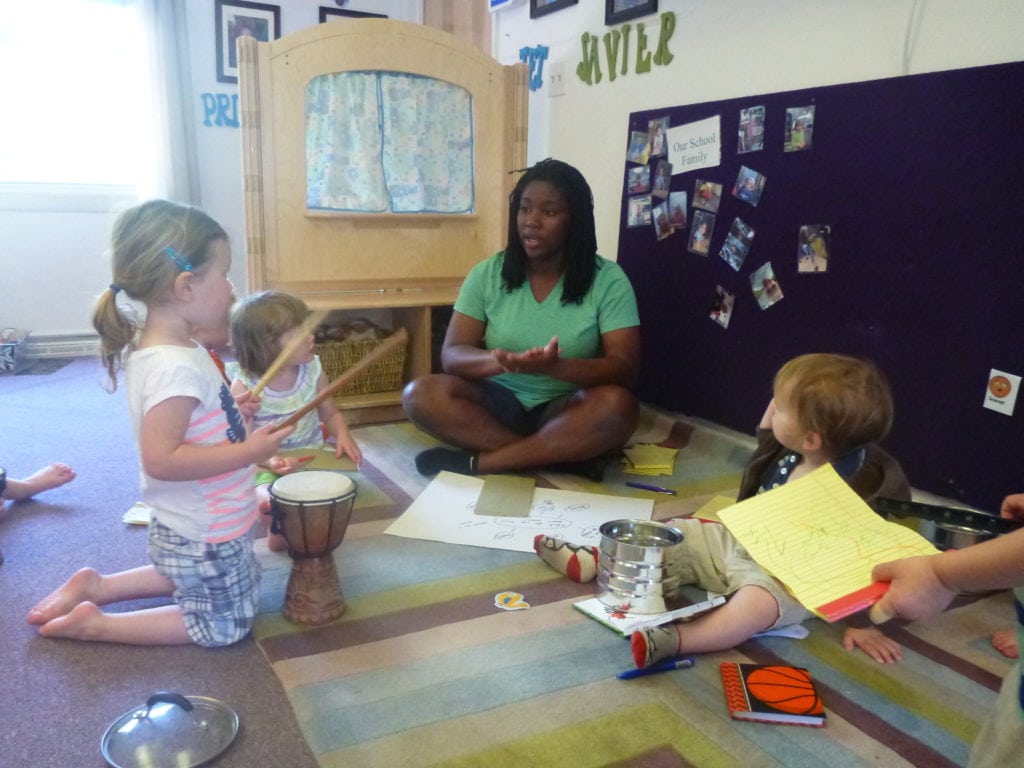
As word of the schools of Reggio Emilia spread, teachers from around the world flocked to the city of Reggio Emilia to see these new programs. The schools of Reggio Emilia set up study tours to engage with teachers, and open up a dialogue regarding this new approach to education. Educators returned to their classrooms inspired by the work being done in the schools of Reggio Emilia. Teachers began adopting many of the principles of what came to be known as the Reggio Approach.
Is Our Neighborhood really Reggio?
You can’t actually “BE” Reggio. We are inspired by their schools, their work, and their principles. We have adapted parts of that inspiration into the shaping of our own program. Reggio is not a curriculum box that can be pulled out and applied. The principles of the Reggio Approach can be adopted by programs, studied, and adapted to each programs cultural context. This is a process of learning and growing; it is a way of thinking that takes time to embrace and reflect upon.
You may encounter teachers and programs that say they ‘do Reggio.’ Likely, they are inspired by the work of the Reggio schools, but have not yet developed a deep understanding of the principles of the Reggio approach. Each teacher and each school will be at their own point in the process of becoming an intentional reflective teacher.
Some programs will clearly show deep documentation of learning. Other programs may have a concrete understanding of constructing knowledge through respectful and reciprocal relationships with children and families. Yet more programs will have a deep understanding of using natural and recycled materials to support diverse means of expression. Each Reggio inspired program is at their own place in the process of revolutionalizing the way we think about early education.
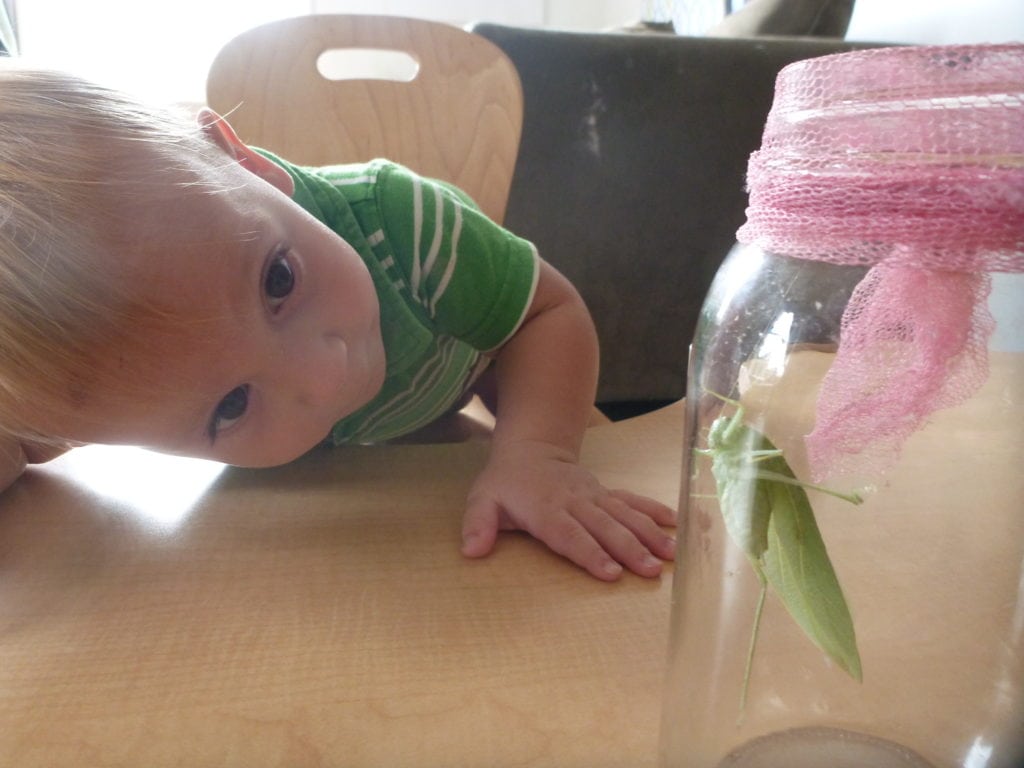
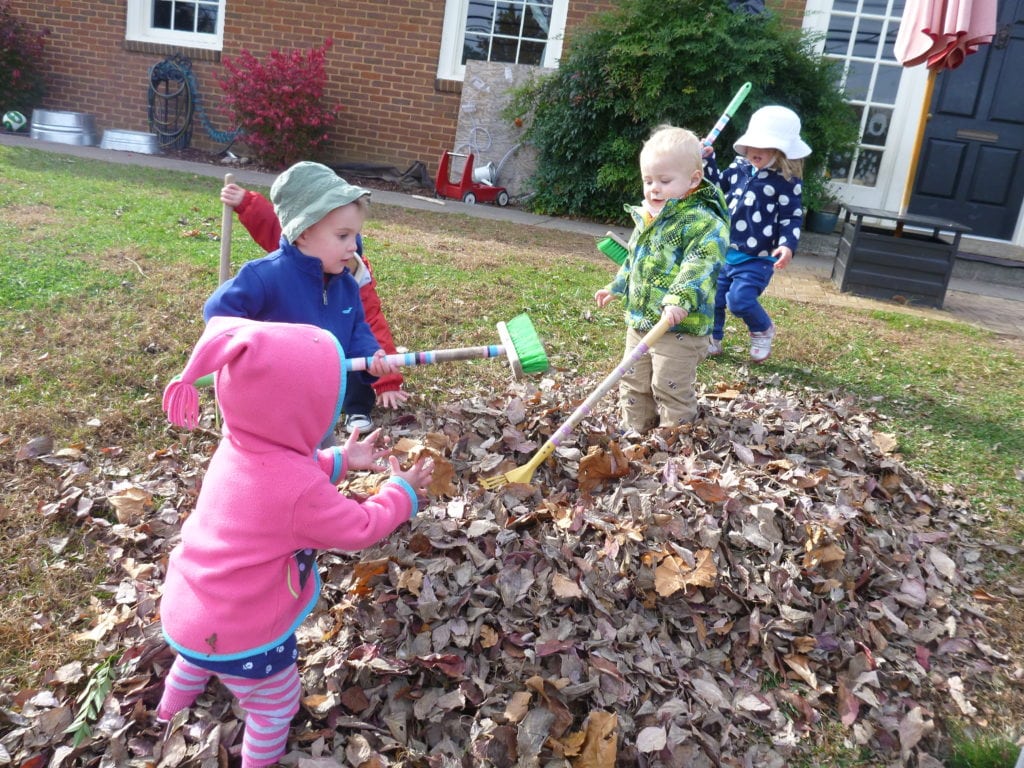

One thing that is commonly confused is projects and themes. In a project the topic, time-frame, and resources come from the children, families, teachers, and community whereas in a theme the topic, time, and resources come from the teachers or administrator.In a theme activities are planned to learn concepts and representations are designed to create a product. In a project activities are designed to promote investigation, to answer questions from children or teachers, and to learn how to learn. Representations are created to deepen learning, add to investigation, and help children show their learning.



